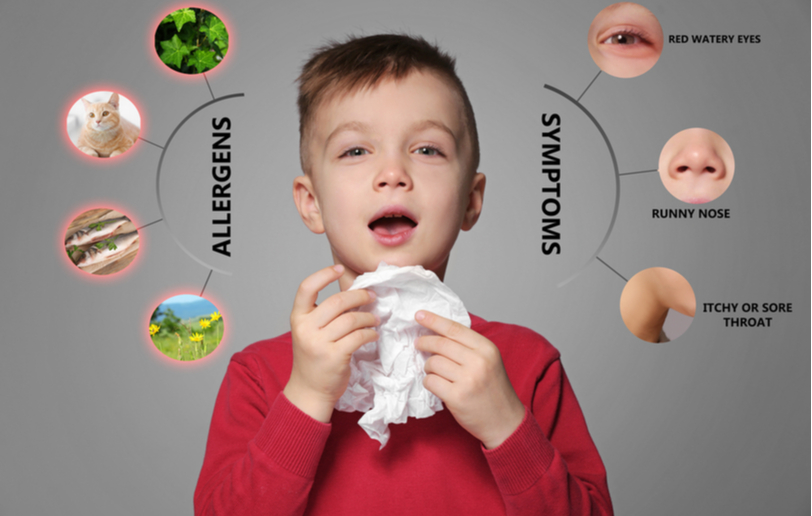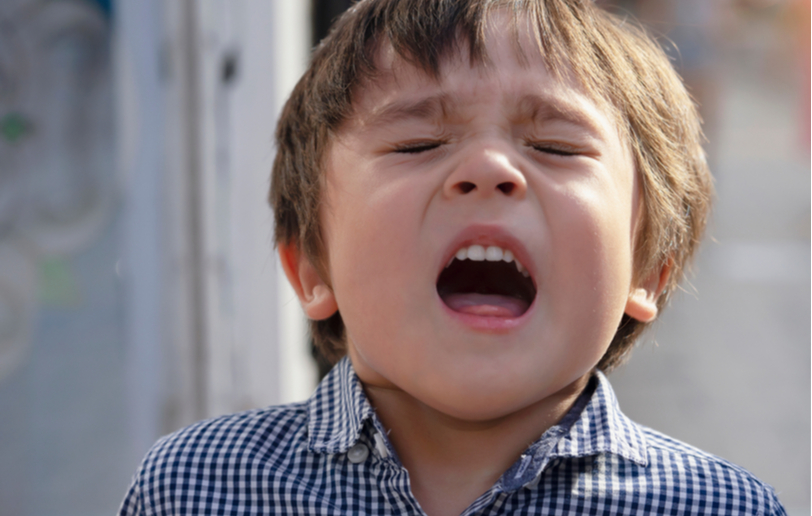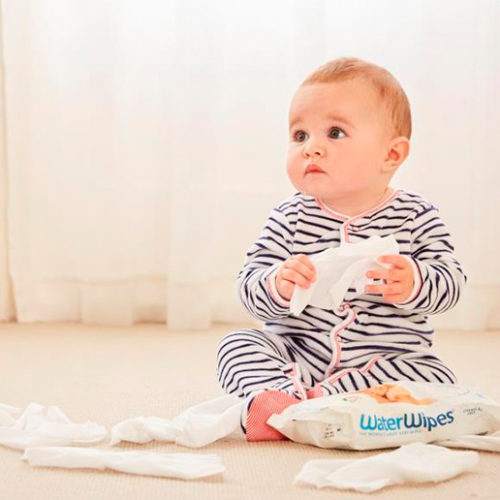Allergies in children & how to get help
Allergies in children are on the rise all over the world… and the UAE is no exception, according to By Dr. Arun Jayaraman, Paediatrics, Allergy & Immunology Specialist at Mediclinic.

The most common allergic problems seen in children are allergic rhinitis (commonly known as hayfever), asthma, eczema, food allergies and drug allergies. Also on the ‘common list’ is anaphylaxis, which is usually triggered by bee stings or certain food allergies such as peanuts, sesame, tree nuts or shellfish.
The most common ‘aero-allergy’ in the UAE
Unlike the western world where pollens are the main cause of seasonal allergies, house dust mites (HDM) are the most common ‘aero-allergen’ in the UAE. House dust mites are everywhere – invisible microorganisms present in household environments, especially in bedroom settings. Unlike pollens which causes seasonal allergies, house dust mites cause problems throughout the year (perennial allergic rhinitis), although symptoms can vary depending on the season.
Measures like washing bedroom linen with temperature more than 60°C and changing the linens frequently help to reduce the load of house dust mites. Using vacuum cleaners fitted with HEPA filters, avoiding carpets and soft toys are also useful. There is insufficient scientific evidence to prove the effectiveness of air purifiers, deep cleaning etc. to contain allergies. Contrary to the belief, humidifiers worsen allergies as HDM multiply more in a humid environment and they are therefore not recommended.

The effects of allergies in children
Allergic disorders affect children’s daily activities in many ways. Parents may find it difficult to recognise this, as children do not always report it. For example, children with allergic rhinitis could have a significantly disturbed night’s sleep due to ongoing nasal congestion, blockage and snoring. This disturbed night sleep could lead to irritability during the daytime, impaired concentration and poor performance at school. Similarly, children with eczema can regularly have poor sleep due to itchy skin. Not only this, many children with eczema have low self-esteem because of their skin problems, suffer from poor social interaction with peers and are often bullied in school.
Causes & treatment of allergies in children
Allergies often confuse both patients and doctors because the symptoms appear similar to other common problems and hence they are under-recognised and under-treated. For example, if a common cold keeps recurring in a toddler, it’s not easy for the parents or even the family doctor to differentiate it from allergy. As allergy problems tend to persist long-term, patients require continuous medication which requires commitment and motivation from the parents and the children.
Although parents may recognise that their child is suffering from allergy, they may not know the allergen that is causing it. An Allergist (allergy specialist) will help in identifying the allergen through simple tests like a skin prick test or blood test. Identifying and avoiding the culprit allergen can significantly reduce the need for long term medication in many patients.
So when you’re considering the treatment options for allergies, it is important to consider the impairment to quality-of-life that the allergy can cause to children (and also to parents), as proper treatment from an allergist can not only improve the condition causing the allergy, but also enhance the quality of life for the whole family.











Comments